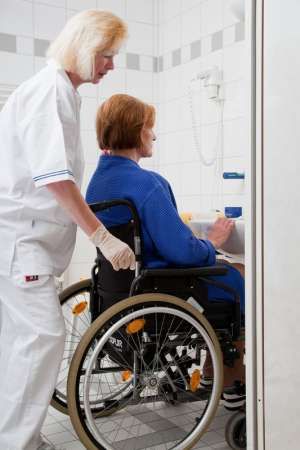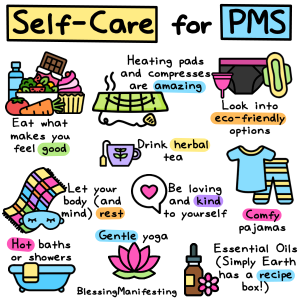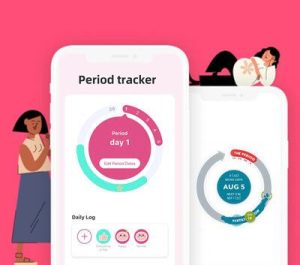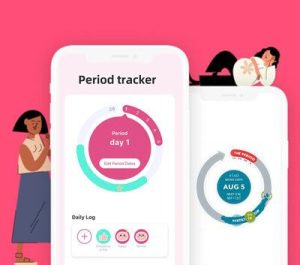Disability – dental treatments and oral hygiene are of great importance

Dental treatment for people with disabilities
Simone Schneider values her independence despite her disability. She lives in her own apartment and works in the kitchen of a hospital. Her special feature: the young woman has Down syndrome. A caregiver regularly visits her and supports her in her daily life. For example, Simone Scheider accompanies her when she visits the dentist.
People with mental or multiple disabilities have poorer oral health on average than the general population. Daily oral hygiene is not always easy for them. In addition, they often only go to the dentist when they have complaints. “Dental care for people with disabilities is very often a great challenge for the treating dentist, his team, but also for relatives and caregivers,” explains Prof. Dr. Dietmar Oesterreich, Vice President of the German Dental Association.
“Empathy, expertise, a lot of time, an increased organizational, personnel and equipment effort as well as good cooperation with all parties involved are important success factors.”
Prevention is particularly important for people with disabilities
Prevention is particularly important for people with disabilities. They should therefore be trained how to perform proper oral hygiene. If this is not possible or only possible to a limited extent, the relatives and caregivers should also receive appropriate training. Regular checkups are especially important for people with disabilities and should be taken advantage of.
Increased risk of caries and periodontal disease
People with mental disabilities in particular are often unable to carry out daily oral hygiene and visits to the dentist on their own responsibility. They are dependent on outside help. Depending on how patients with disabilities can cooperate during dental treatment, the dentist and his team may need to allow more time.
Often several appointments with smaller treatment units are necessary for a treatment. If patients are very afraid of treatment or if necessary cooperation is not possible, treatment must be carried out under general anesthesia. Overall, people with mental disabilities have a significantly higher risk of caries and inflammatory diseases of the periodontium (periodontal diseases).
Initiative proDente e.V. – Facts
Five associations representing the entire dental spectrum in Germany are involved in the initiative proDente e.V.:
– The German Dental Association (BZÄK),
– The Free Association of German Dentists (FVDZ),
– The Association of German Dental Technicians Guilds (VDZI),
– The Association of German Dental Manufacturers (VDDI),
and the German Dental Trade Association (BVD).
Why this initiative?
proDente has set itself the goal of providing sound specialist knowledge in the fields of dentistry and dental technology. The initiative aims to provide dedicated patient education to support dentists and dental technicians.
proDente wants to show the value of healthy and beautiful teeth. Above all, the focus is on education from prophylaxis to prosthetics. For dentists and dental technicians, proDente presents a comprehensive range of services to facilitate communication with patients.
Activities
proDente produces scientifically based information material in a comprehensible format. These include the information brochure “Teeth good – everything good” as well as numerous other magazines, flyers and leaflets on special areas of dentistry. The range of topics is regularly expanded. On the Internet, proDente is present with an information portal (www.prodente.en).
office
Dirk Kropp, Managing Director Public Relations, is the contact person for all questions concerning public relations at proDente. The office is located in Cologne.




